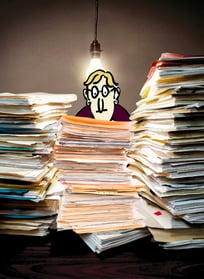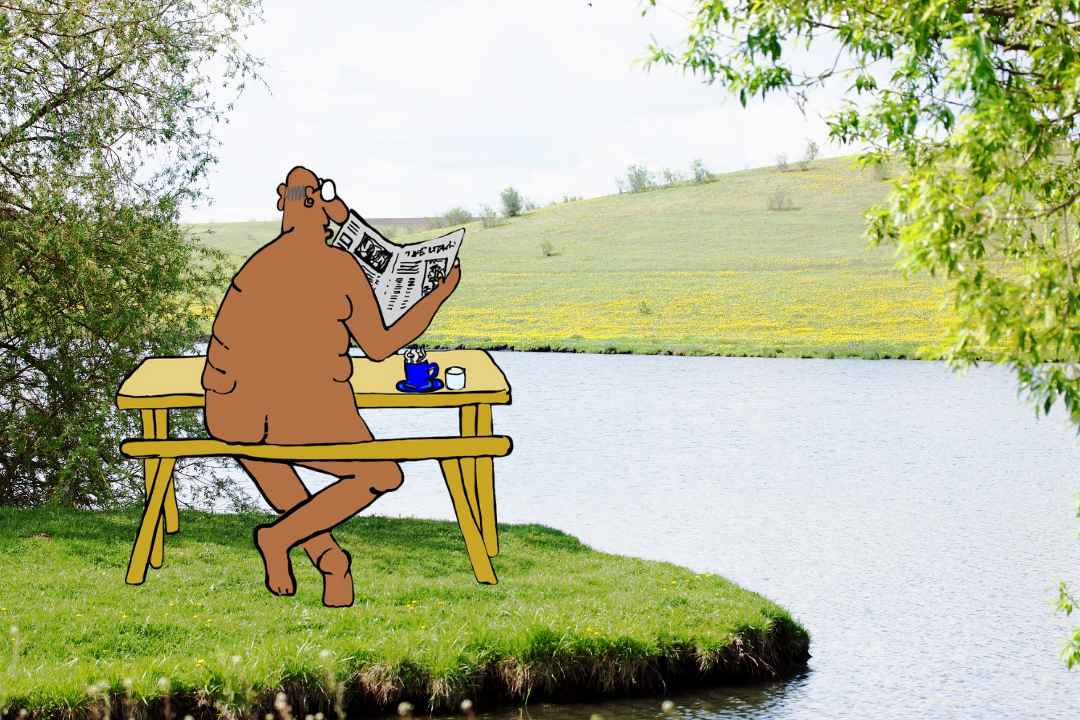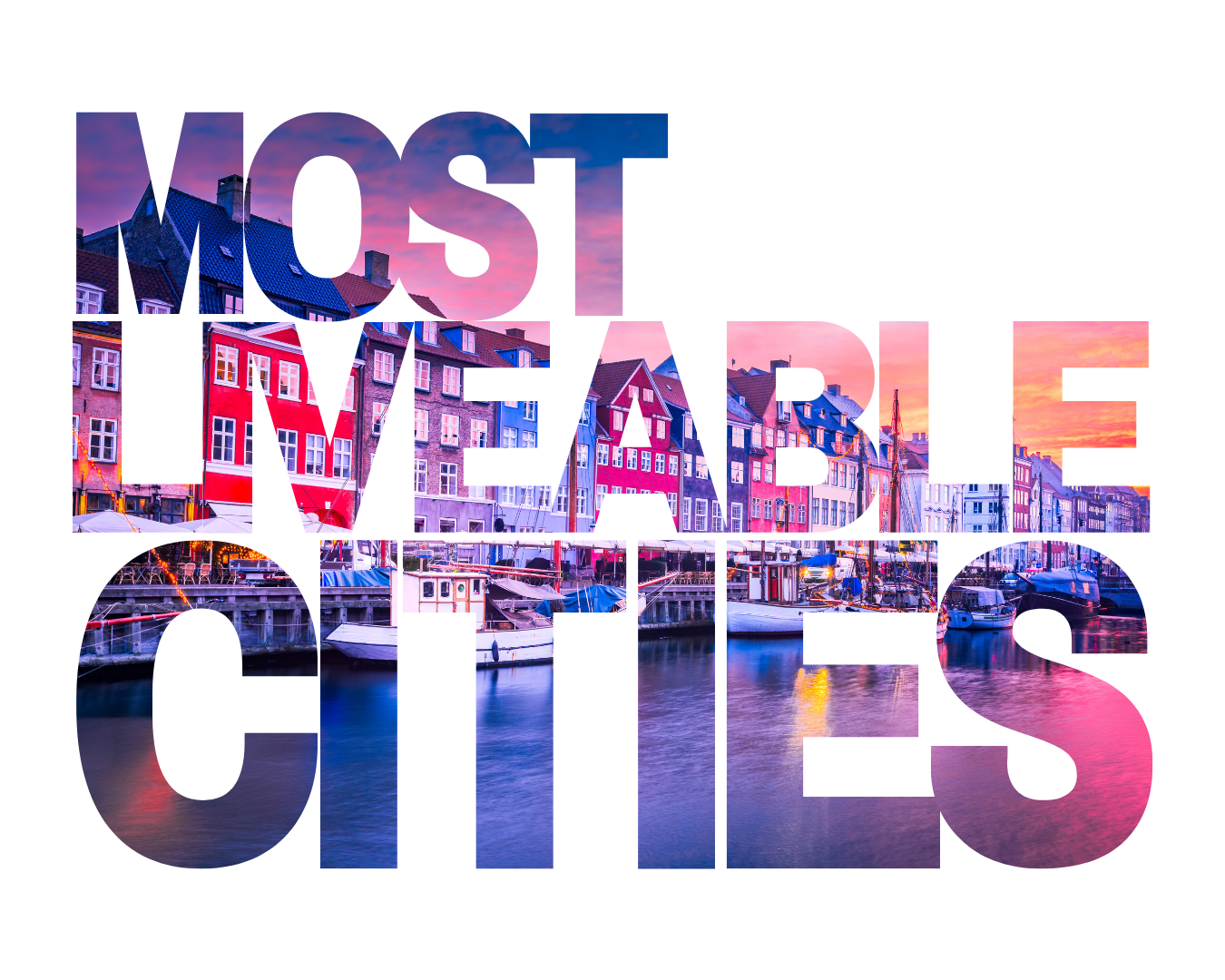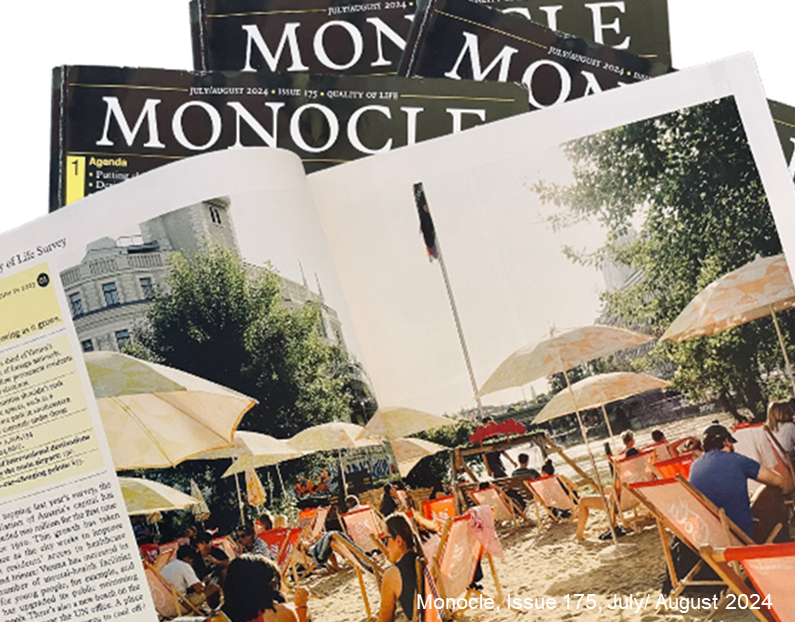For the freshly unpacked, the long-settled or the simply curious – this one is for you.
Moving to Austria is like joining an exclusive club where everyone knows the rules… but forgot to hand you the manual. From cheek-kissing etiquette to the sacred silence of Sunday, life here can feel charmingly old-school, bewilderingly precise, and oddly addictive.
But here’s the catch: what feels like a ‘culture shock’ for one person might feel totally normal to someone else. If you’re from Denmark, waiting patiently at a red light even when the street is empty might feel totally natural. If you’re from New York… well, we’ll just leave that there.
This isn’t just a list of quirks. It’s a gentle celebration of Austria’s particular ways – and a little nudge to consider how your own cultural habits collide (or quietly harmonise) with them and is the first step towards living with more curiousity and less frustration.
Let’s dive in.
1. Greetings: To Kiss, Hug or Headbutt?
Austrian greetings can be a delicate dance. If you're from a hug-happy culture, the traditional zwei Bussis (two-cheek air kiss) might leave you colliding mid-air, unsure whether to lean left, right, or just stick out a hand and hope for the best.
It’s not coldness – it’s choreography. Austrians value a certain formal friendliness: elegant, efficient, and very wrinkle-resistant.
| P.S. It's air kiss to the left (the recipient's right cheek) then right 😘😘 |
2. The Rules of Small Talk: Less is More
 In shops or cafés, don’t expect cheerful banter. Austrians tend to skip small talk unless they actually know you – and even then, they’ll ask how you really are, not just for the sake of it.
In shops or cafés, don’t expect cheerful banter. Austrians tend to skip small talk unless they actually know you – and even then, they’ll ask how you really are, not just for the sake of it.
But at work? Entirely different game. Chit-chat over coffee or before meetings is normal and often expected: whether it be asking after the family or about weekend plans. It’s a social warm-up for business – a signal that things are about to get started.
3. "I Invite You" = "I'm Paying"
You invite a couple of colleagues for drinks. They show up, order four beers, have a good time, then they leave you the bill. What just happened?
“Einladen” means “to invite” but also “to treat someone”. So, if you say, “Ich lade dich ein,” be ready to open your wallet. It’s not a miscommunication – it’s a direct translation issue and a perfect example of how words carry different cultural weight.
|
Want to be sociable without inadvertently volunteering to foot the whole bill? Stick to more neutral phrasing like: |
4. Shoes Off, Slippers On
When you enter an Austrian home – off go the shoes, on come the Hausschuhe (house slippers). Many hosts offer you a pair. Viennese schools even require children to wear them. I now BYO (bring your own).
It’s a little ritual of respect, comfort, and hygiene. Your feet – and the floors – will thank you.
5. Elevators: Letters, Not Logic (At First)
Step into a lift in Austria and instead of 1-2-3, you’re greeted with a mysterious alphabet: K, E, H, M, D… and maybe some numbers thrown in for fun. That’s Austria’s architectural creativity at work.
- K stands for Kellergeschoss (basement floor)
- E stands for Erdgeschoss (ground floor)
- H stands for Hochparterre (sometimes found between the ground and Mezzanin floor! Typically 5-10 steps higher than ground level)
- M is Mezzanin (a sort of in-between floor)
- D is Dachgeschoss (the attic or roof level) and you can often find 2 Dachgeschoss levels!
Who knew an elevator would require a glossary? 🤯
| Tip: If you take the stairs instead of the lift, brace yourself — those "bonus" floors you didn’t expect? They’ll sneak up on your calves. |
6. The Toilet Shelf: A Porcelain Pause for Thought
The famous Toilettenablage – a porcelain ledge inside many Austrian toilets that holds... well, everything... above the waterline before you flush. It's not a design flaw, it’s a deliberate feature.
The reasons are many-fold:
- To inspect your digestive success (we're being polite here);
- To reduce splashback;
- To make medical samples easier to collect.
Austrians will tell you it is practical – even health-conscious. So, before you recoil in cultural confusion, take a moment to admire the nation’s commitment to cleanliness and science. Come to think of it, why aren't these toilets more widely used?
7. The Two Duvet Revelation
Each person gets their own duvet.
To the uninitiated, this might seem oddly unromantic – like a cold shoulder in blanket form. But over time, it becomes a symbol of peace and practicality. No more midnight tug-of-war. No more waking up with half your body exposed to the elements. It’s a quiet metaphor for Austrian relationships: close, but always respectful of personal space.
 8. The Naked Truth
8. The Naked Truth
Austrians are famously unfazed by nudity – especially in saunas, spas and designated FKK (Freikörperkultur or nudist) areas like the 5km zone on the Danube Island. One friend told me how she would cycle to work past the Alte Donau (Old Danube) and regularly see nude cyclists.
For those from more conservative cultures, it can be startling. But here, it’s about hygiene and comfort, not shock value. Austrians see nudity as natural – not sexual. A body is a body. Saunas are often mixed and “textil-frei”. If you prefer, you can wrap yourself in a towel, but swimwear is usually a no-go.
9. Quiet, Please
Austrians tend to get up early, go to bed early and they take Ruhezeit (quiet time) seriously. From 10pm to 6am – and all-day Sunday – please keep the noise down. No drilling, no loud parties, and definitely no lawnmowers. You can still have fun, just quietly.
10. Dogs > People (Sometimes)
Dogs are everywhere – and they are incredibly well-behaved (überkultiviert). They ride trams, sit under tables in restaurants, and stroll through shopping malls like they own the place, and often have better manners than humans.
If you are from a place where dogs are banned from cafés, this canine freedom might come as a surprise. But it reflects a society that values co-existence – dogs are trusted to be well-behaved, and in return, they are welcome almost everywhere.
11. Grantigkeit: A Cultural Art Form
If you’ve met a grumpy waiter in Vienna – congrats, that’s part of the charm. Locals call it “Grantigkeit” – a sort of loveable grumpiness. It’s not really angry or aggressive – it’s more like a running commentary on life’s little annoyances.
On the flipside, Austrians are often non-confrontational. While some might send back the wrong meal, an Austrian will likely just accept it rather than cause a fuss. Being too direct is seen as a bit… uncomfortable. Even embarrassing.
 12. Food Rules Are Not Suggestions
12. Food Rules Are Not Suggestions
In Austria, side dishes are not up for discussion.
Order Schweinsbraten and you will get sauerkraut – not peas, not carrots. Schnitzel? A side of fries or potato salad, end of story. Sauce? Maybe. Ketchup? Perhaps. But expect side-eye if you ask too many questions.
13. Smoking Is Still a Thing
Austria was one of the last countries in Europe to ban indoor smoking in restaurants. The law finally kicked in (after several political U-turns) in 2019. But outside? Still very common.
You'll smell it more than you’d expect. Just part of the local atmosphere — literally.
14. Clean Streets

Vienna isn’t just clean – it sparkles. That’s largely thanks to MA48, the municipal waste department with the heart of a stand-up comic. Their bins serve up public service announcements, wrapped in delightful punchy one-liners. There are so many, I could easily do a whole post on them.
It’s cleanliness with character – and very Austrian. #HereForIt
15. Red Light, Green Man, No Exceptions
Jaywalking in Vienna isn’t just frowned upon – it is scandalous, punishable by fine if the police catch you in the act. Even at 3am, with no cars in sight, locals will wait obediently at a red pedestrian light.
If you're from a place where darting across on red is practically a national sport, this one might take some getting used to. But it speaks to a deeply rooted Austrian respect for rules and systems – not because they are blindly obedient, but because the rules are seen as fair, and for the common good.
16. Cash is King
You’d think card payments would be universal by now. But in many Austrian cafés and smaller restaurants, cash still reigns supreme. If you’re from a tap-happy nation, brace yourself for the occasional frantic cash machine hunt.
The logic? Simplicity. Some businesses want to avoid card fees. Others just… always have.
 17. Open All Hours: Not Quite
17. Open All Hours: Not Quite
Austrian shop hours are... different. Saturday by 6pm, most places have closed their doors. Sundays? Forget it. No emergency chocolate runs, no “quick pop to the shops” – and yet, somehow, Austrians survive.
But this isn’t just a quirky inconvenience – it’s part of a broader cultural commitment to work-life balance. Rooted in social democratic values, these restricted hours are about making sure everyone gets time off, including retail staff. Quality of life, Austrian-style.
You’ll also notice that many government offices, medical practices, and other services open only in the mornings, or close for lunch, or don’t open at all on certain weekdays (we’re looking at you, MA48 and Finance Office. FYI, closed on a Wednesday to the public). It's not a glitch – it’s how the system prioritises people over profit.
18. Supermarket Sprint
Shopping in an Austrian supermarket? Get ready for a workout. At the checkout, items are scanned at lightning speed, and you’re expected to keep up – no leisurely packing while the queue builds behind you.
Here is the system in many supermarkets:
- The cashier scans your items fast.
- You don’t pack them there. Just pop everything back into your trolley or basket.
- Move to the nearby packing area and pack your groceries out of the way.
It’s a slick system once you get used to it. And remember, that packing area is your friend. Oh and one more thing: in many supermarkets, you still have to weigh your fruit and veg yourself in the aisle and stick on a label. If you forget, it can cause an awkward hold-up at checkout – and you might be sent back to weigh it yourself.
And while Austrians are famously good at queueing, the rules seem to melt away the moment a new till opens. It’s every shopper for themselves – and yes, that is your cue to sprint.
| Bonus tip: We've also put together a post on shopping in Austria – complete with handy phrases and practical information for anyone settling in. You can read it here -> |
19. Digital? More Analogue
For a country with punctual trains and state-of-the-art recycling, Austria’s love of paperwork is… puzzling. Many official processes still involve an inordinate amount of actual paper. Though more companies are slowly going digital, be prepared to check your post box regularly!
Culture Shock: How to Reframe It
Cultural differences can easily feel frustrating at first. But there’s real joy in flipping the script. Belonging isn’t about blending in — it’s about showing up with open eyes and an open heart. Understanding brings tolerance. Tolerance becomes appreciation. And that’s when Austria starts to feel less foreign… and more like home.
Austria doesn’t shout for attention. It just is. But give it time, and you’ll start syncing with the rhythm. You’ll find yourself planning around shop hours, side-eyeing checkout chaos, and maybe — just maybe — enjoying a good-natured grumble over coffee.
So here’s to the confusion, the laughter, and the “wait, what?” moments. They are all part of the magic.
And to the Austrians – thanks for being good sports. This place really is something special.
If you're interested in understanding Austrian culture, its intricacies and its unspoken norms, we offer intercultural training, focusing on ways to help you settle quicker. Read here for more information, or get in touch with us.




